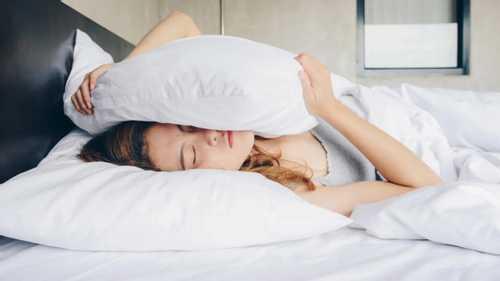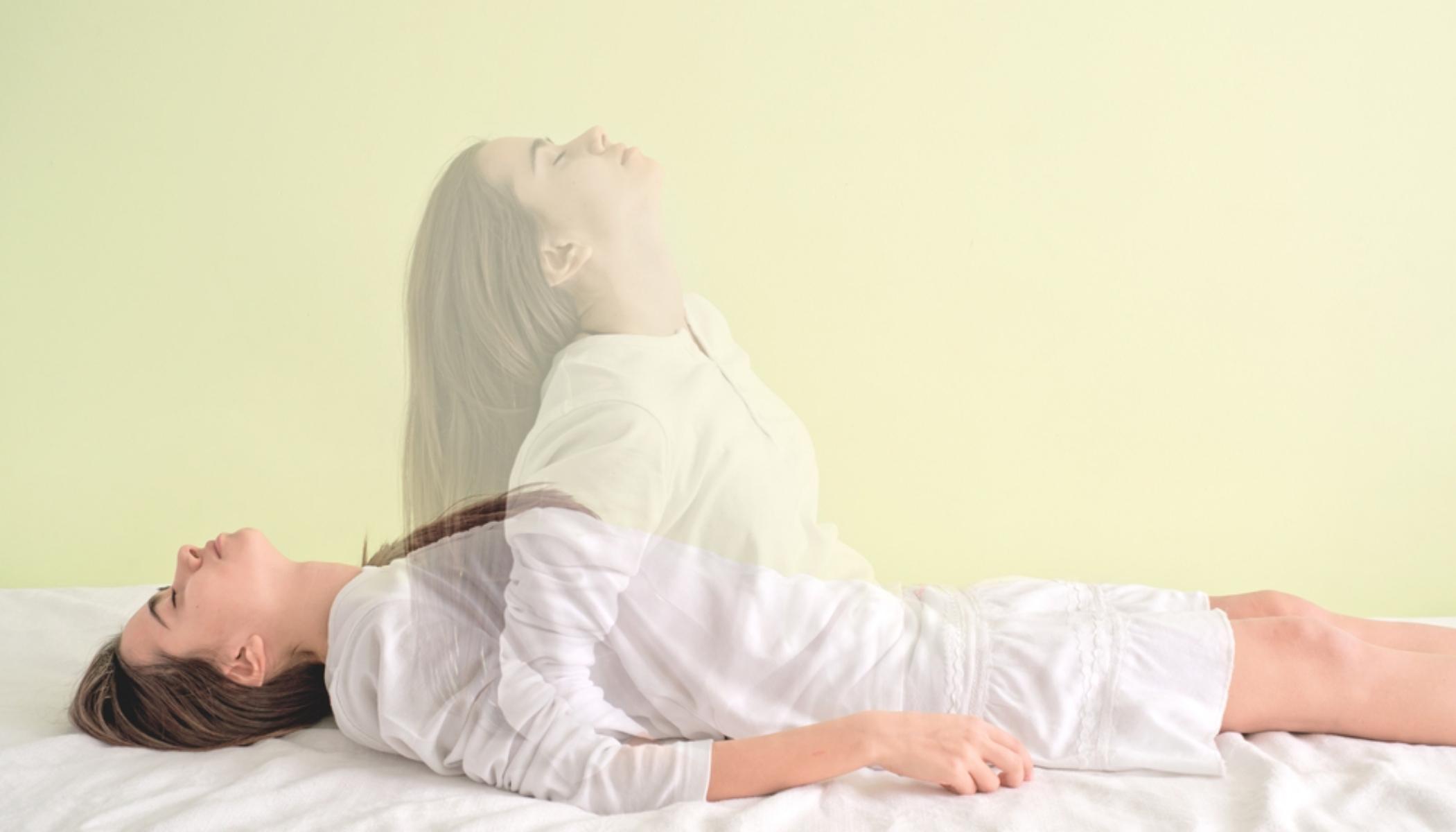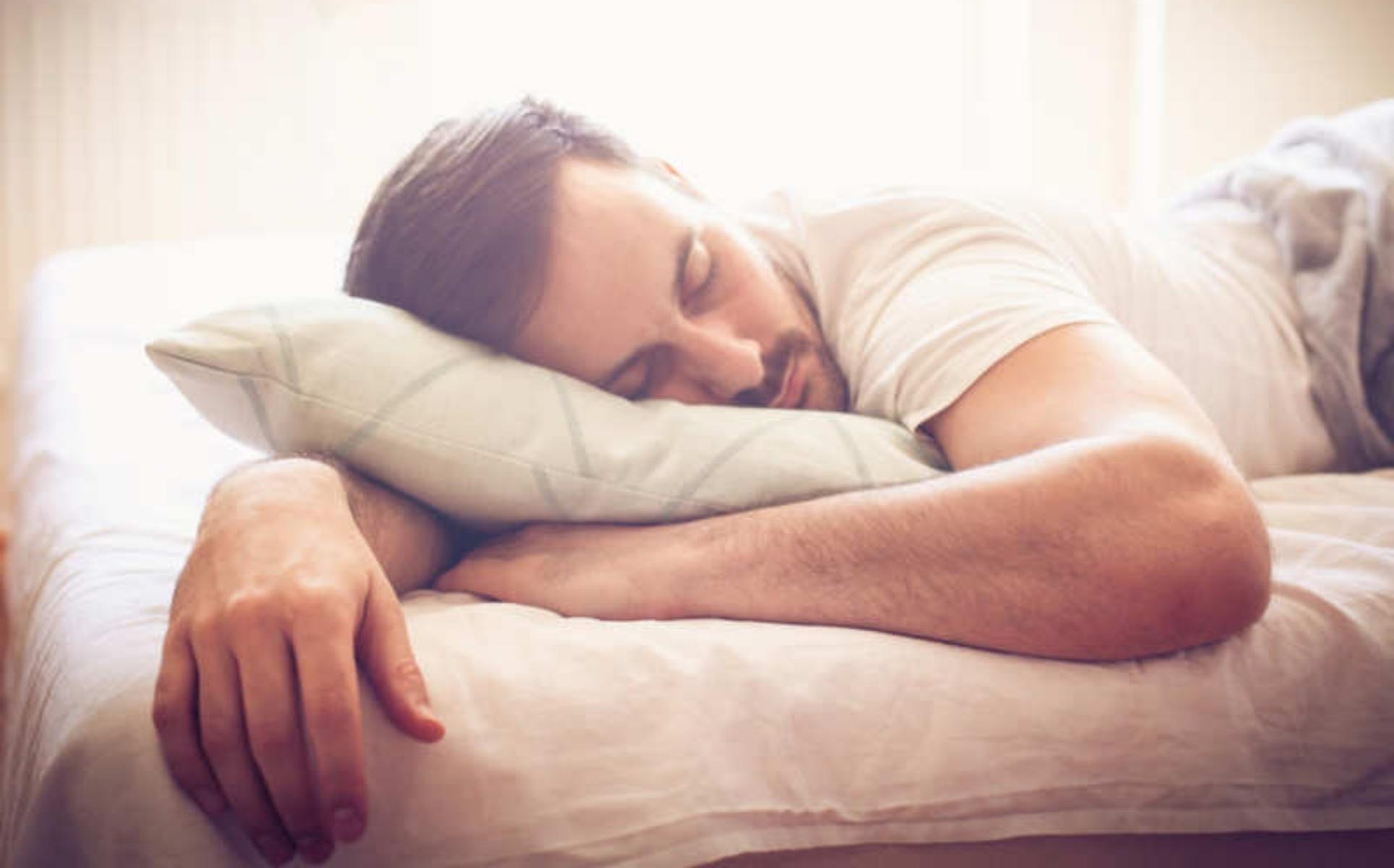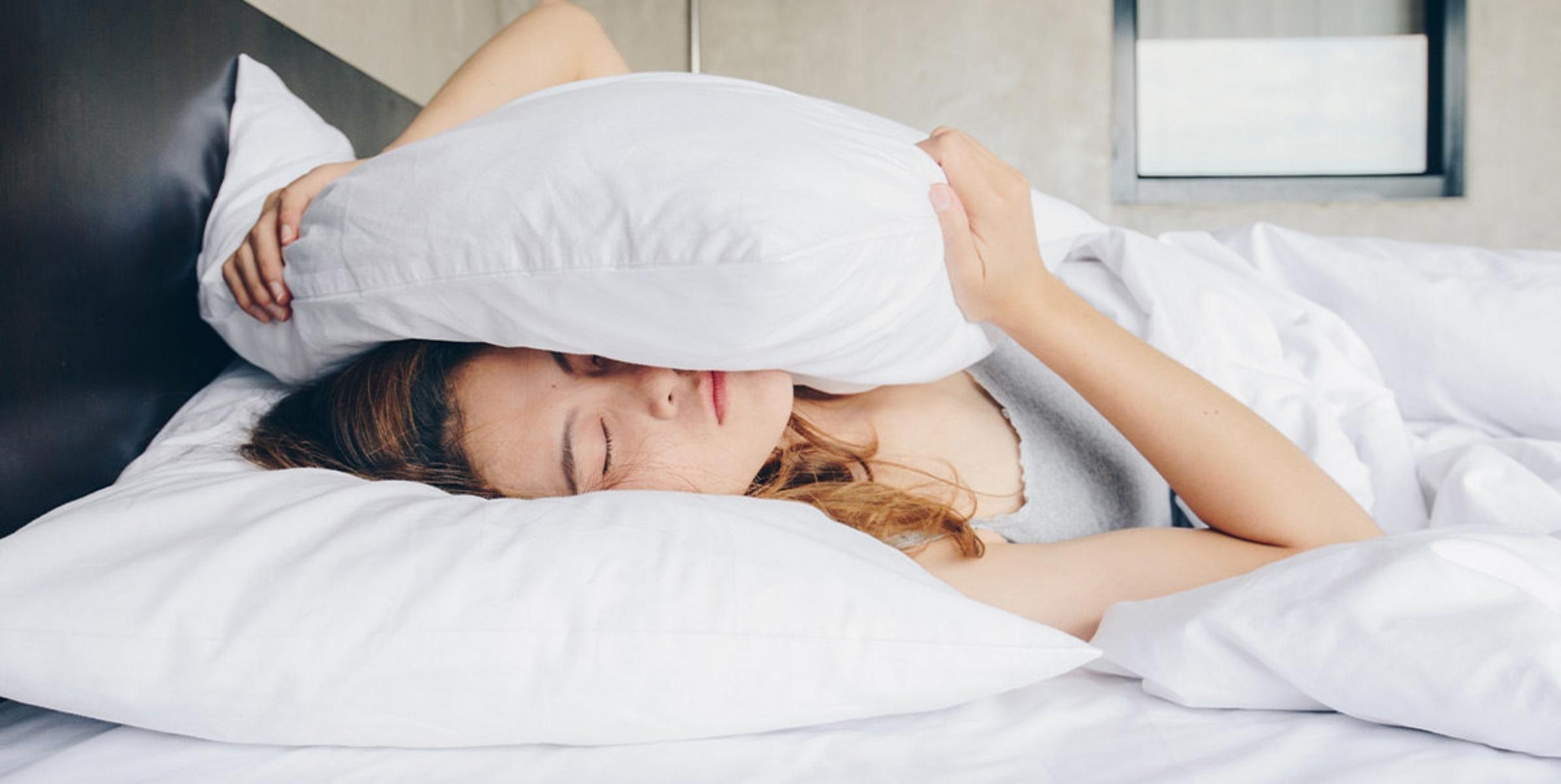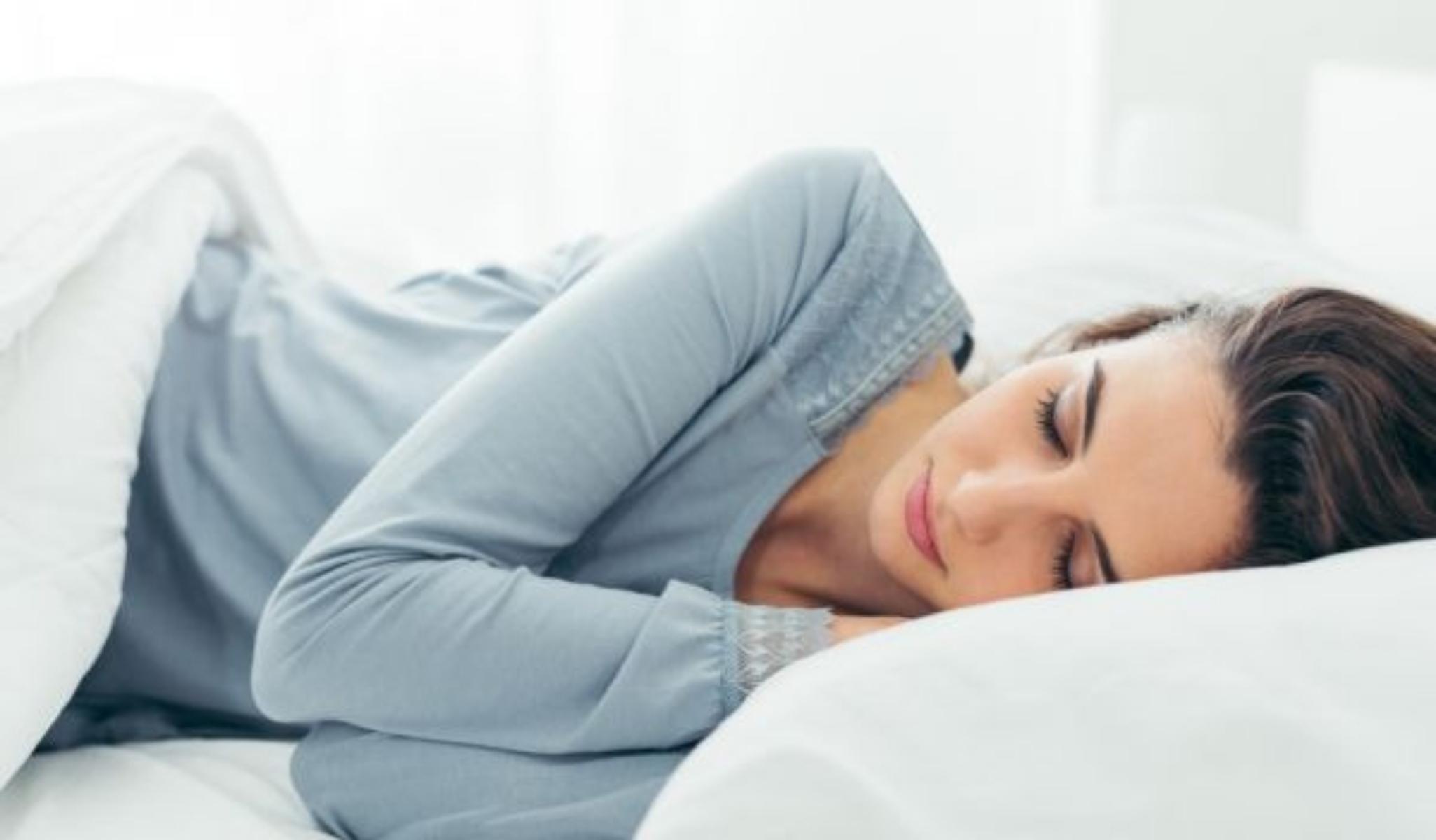Explore the World's Best Ideas
Join today and uncover 100+ curated journeys from 50+ topics. Unlock access to our mobile app with extensive features.
What Is False Awakening?
A false awakening refers to the strange experience of “waking up” when you actually remain asleep. It can involve vivid, realistic images that leave you feeling anxious and confused.
- The key difference between sleep paralysis and a false awakening is that sleep paralysis happens when you’re awake, not dreaming.
33
1.17K reads
Two Main Types Of False Awaking
- Type 1: A type 1 false awakening proceeds in a fairly straightforward way. After “waking up,” you do the same things you typically would. This type often won’t feel scary as it happens, though you might feel disoriented or somewhat distressed once you actually wake up.
- Type 2. With this type, you might wake up with a sense of foreboding or feel convinced something strange or bad is about to happen. This type of false awakening could resemble sleep paralysis, especially if you dream you wake up and can’t move or escape from some type of malicious presence in your room.
30
812 reads
What Causes It To Happen
A few suggested explanations for false awakenings include:
- sleep disorders, such as insomnia and sleep apnea
- anticipation, or knowing you need to wake up early for a specific reason
- noise and other disturbances that interrupt your sleep without fully waking you up
Stress and anxiety in your daily life can also have an impact on sleep and potentially appear in your dreams.
31
710 reads
Lucid Dream
Many people who experience false awakenings also have lucid dreams.
In a lucid dream, you realize you’re dreaming. This knowledge allows you to maintain some control over your surroundings and even change the course of the dream .
A false awakening can become a lucid dream, especially if you begin to notice certain details that differ slightly from reality.
31
752 reads
Sleep Better
Improving the sleep you get each night could help reduce the frequency of false awakenings. Here are some general pointers for better sleep:
- Turn off your phone and other electronics at least 1 hour before bedtime.
- Take some time to wind down before bed.
Mental health concerns, such as anxiety and depression, can also contribute to disturbing dreams and affect the quality of your sleep.
28
752 reads
IDEAS CURATED BY
A medical student!🩺 I’d like to live as simply as possible. I love reading- regardless of what type of book it is. People are wonderful, especially those closest to me. I’m determined to do some good for others in whatever I end up doing in the future.
Maliha Tumpa's ideas are part of this journey:
Learn more about health with this collection
Cultivating self-awareness and self-reflection
Prioritizing and setting boundaries for self-care
Practicing mindfulness and presence
Related collections
Similar ideas
7 ideas
Lucid Dreams
webmd.com
6 ideas
13 ideas
How To Lucid Dream: 5 Techniques, Benefits, and Cautions
healthline.com
Read & Learn
20x Faster
without
deepstash
with
deepstash
with
deepstash
Personalized microlearning
—
100+ Learning Journeys
—
Access to 200,000+ ideas
—
Access to the mobile app
—
Unlimited idea saving
—
—
Unlimited history
—
—
Unlimited listening to ideas
—
—
Downloading & offline access
—
—
Supercharge your mind with one idea per day
Enter your email and spend 1 minute every day to learn something new.
I agree to receive email updates
